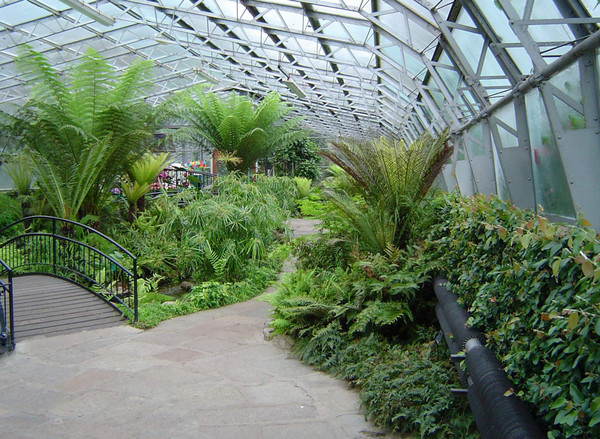Last updated on September 29, 2020
Tending a garden is a wonderful hobby whose benefits are manifold. Gardeners enjoy relaxing periods of meditation as well as enormous savings on vegetables. To ensure your relaxing garden stays alive use an ultrasonic flow meter on your hose to monitor your water. Frequently the pleasures of gardening are foregone during the winter months. Veteran gardeners, however, understand that the colder weather doesn’t have to force their plots into dormancy. Here are some of the best vegetables for your winter gardens.
Romaine Lettuce
Although it is iceberg that has the wintriest name, romaine is actually the lettuce you want in your winter garden. Hardy and full of nutrients, it can endure the chill of reasonably cold winter as long as you lay a freeze cloth across the plot growing your leafy green.
Tip: If you want to introduce romaine lettuce to your garden for the winter months, try working in a mushroom compost to bring down the acidity of the soil!
Spinach
Spinach is another leafy vegetable and can be eaten in plenty of ways. Composting is also beneficial when growing this vegetable in the winter as it can stay in the ground for up to seven months! Fertilizing helps to maintain the necessary nutrients.
Tip: Plant your spinach late in September so that you can reap one harvest before the growth stalls out a bit. Refertilize in late winter and collect your rewards early in the Spring.
Broad Beans
Broad beans are pea-like vegetables that grow in pods and can thrive in your garden even during the cold months. Because the stalks can grow tall and snap off, it is important to string the beans to a small pole or piece of wire, similar to the manner by which gardeners secure their tomatoes.
Tip: Though they can be used for a variety of purposes, snipping the tops off the broad beans before they are ready can actually ruin the remainder of the plant. Be patient!
Onions
Growing onions is not terribly difficult, though it’s still a good idea to grow your onions from a “set.” Onion sets are pre-grown bulbs which make the process a bit easier. Onions are a very hardy plant that will grow in almost every type of soil (except sandy varieties).
Tip: If a few of your onions grow tall and topple to the ground, cut the stems and let them go back into the soil to replenish your stock for next year. This is known as “walking” because your onion plants appear to move around the garden.
Garlic
Garlic is perhaps the easiest winter plant to grow in your garden. It is a tough root vegetable that can provide tons of flavor to your favorite recipes. When sowing your garlic, try not to use bulbs you purchase from the grocery store. Sometimes they are treated in such a way that they will not grow.
Tip: In order to ensure the frigid temperatures do not ruin your crop, it is advisable that you cover them with some light insulate such as straw.
Though the ancients thought everything died in the winter, it doesnt have to be true! With some planning, you can easily add these five options to your garden and maintain growth even in the coldest months of the year.
American Tree Masters LLC is a full-service tree trimming and removal company in Scottsdale, Arizona.


















Be First to Comment